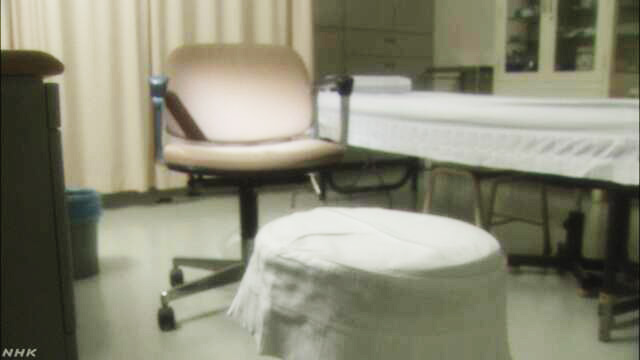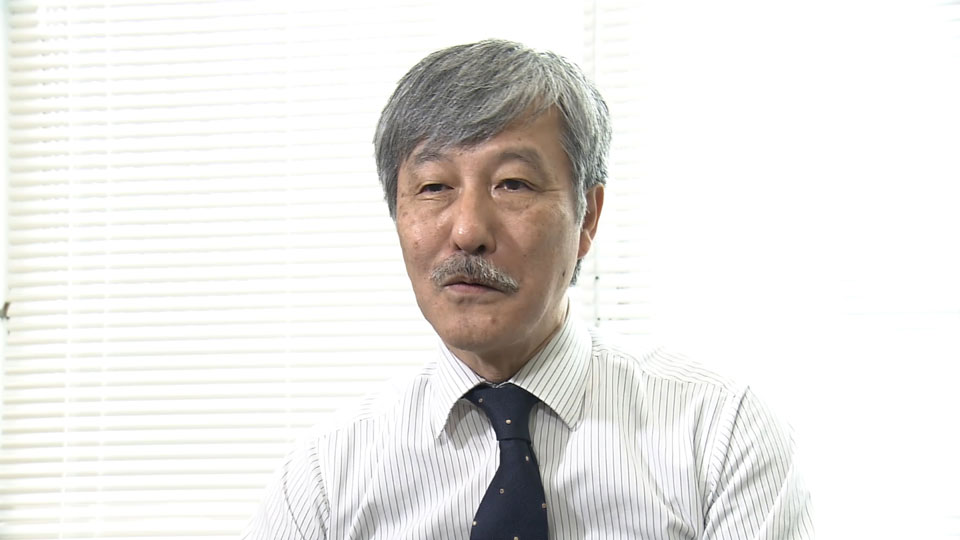The education ministry was forced to release the results of a survey earlier this month after NHK aired a series of reports on the issue.
The figures revealed that 2,191 doctors at 50 university hospitals of medicine and dentistry were identified as working without pay.
It also found that 3,594 other doctors are working without salaries, but were not categorized as unpaid. The ministry says the doctors were voluntarily engaged to improve their knowledge and skills as part of their research.
Systemic problem
Most of the unpaid doctors are young interns but they still treat patients. The doctors are typically at the bottom of the traditional hierarchy and reluctant to speak up.
Many of those who did talk to NHK said they don't want to put their careers at risk.

The 50 universities that admitted to the problem say they will pay the doctors from now on. The government says it will make follow-up checks to confirm that the reforms have been implemented appropriately.
Doctors speak out
A doctor at one university hospital in Tokyo told NHK that he gets almost no days off and sometimes has to work the night shift for free three times a week. He says the latest government survey is a big step toward recognizing doctors like him -- a situation that was previously denied.
Another doctor, working at Nippon Medical School Hospital, expressed his frustration after he realized he had been excluded from the list of unpaid doctors in the government survey.
He told us he works full-time until late at night and without pay. He said his achievements are not on the official hospital record.
The doctor went on to say that the issue could impact the quality of care patients receive. "There is a limit to what unpaid doctors can do for patients," he said. "We can't keep working in such terrible conditions forever."
He also told us of his fears that a serious accident could happen sooner or later.
Longstanding practice
More work may be needed to uncover the full extent of the problem. The head of one of Japan's national doctor's unions says the survey lacks credibility as universities asked each institution's administration staff, and didn't hear directly from individual doctors.

NHK has learned over the years that the longstanding practice of exploiting young doctors has been the norm in the closed environment of university medical offices for decades.
The latest government survey alone may change the status quo to some extent, but calls for change and better scrutiny of these medical institutions are growing.
The 50 hospitals named will have to find ways to pay all their doctors proper salaries. But there are concerns that they will simply offer doctors small amounts that don't reflect actual working hours.
One doctor who recently renewed his contract told us he is asked to submit false reports saying he works just once a week. He told us he is angry and feels the abuse will stop only when the government improves the regulation and oversight of the nation's university hospitals.

